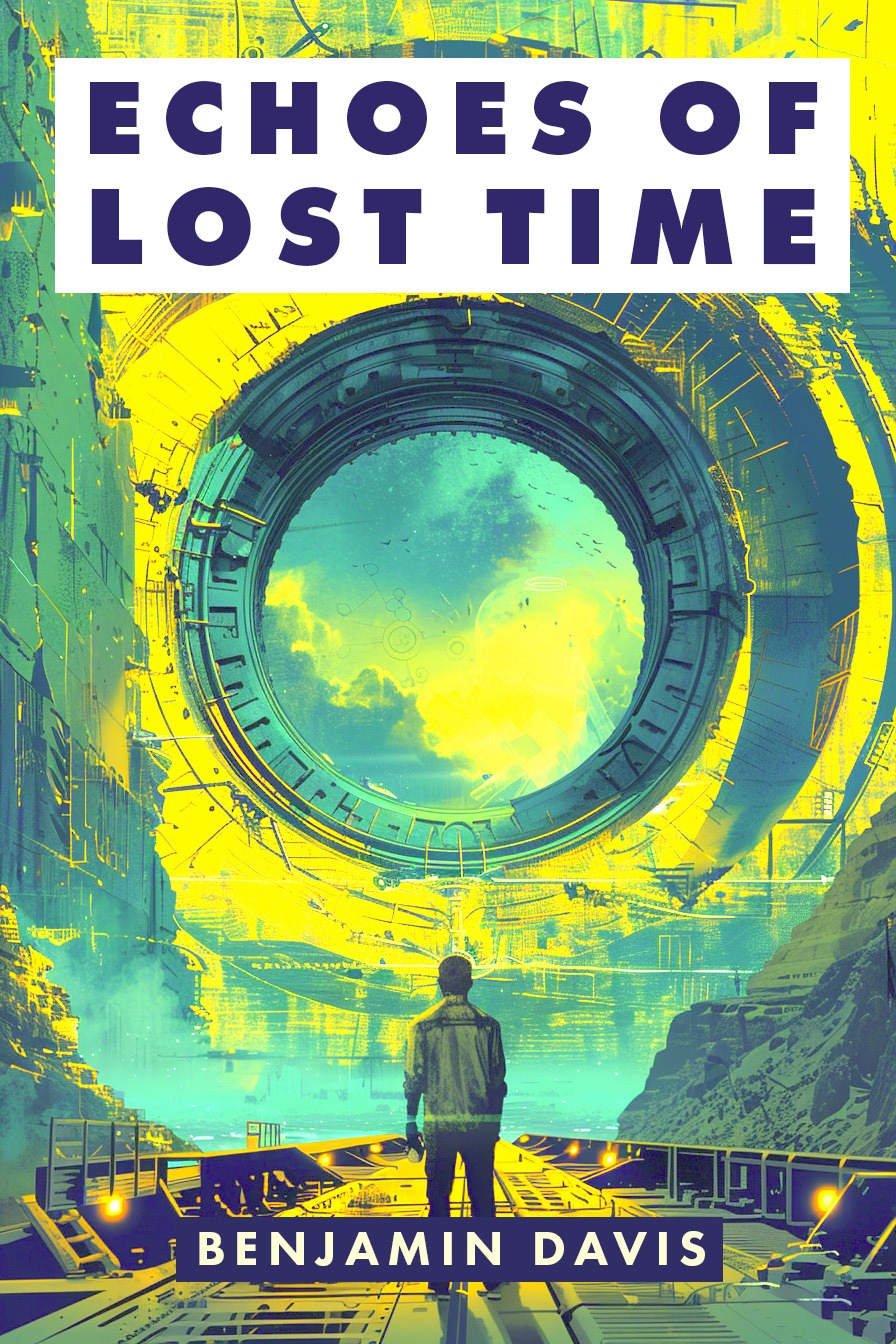I finished this at 3 a.m. with the Atlantic whispering outside my window, and I could swear the room was flickering with ghost-days. My heart was thundering. This book reached into that liminal space where memory turns into music and would not let go.
The Entangler is the coolest speculative device I have read in years, but what knocked me flat was how human it all felt. Mara holding the line in a creaking archive, Rao banished to Titan and still cracking jokes through the static, the child voice from 2091 that should not exist yet sounds so alive.
Scene after scene had me muttering out loud, clutching the paperback as if that could keep the hours from slipping. The Palimpsest sequence is eerie and gorgeous, salt and rust and mathematics, and the black market set piece is pure adrenaline.
Under the neon and seawater there is a devastating thesis about debt, time, and the way cities eat their future to survive the present. When the book turns that idea back on the reader, I got chills that refused to fade.
If neo cyberpunk still has a pulse, this is it. I am buying extra copies to press on friends.

